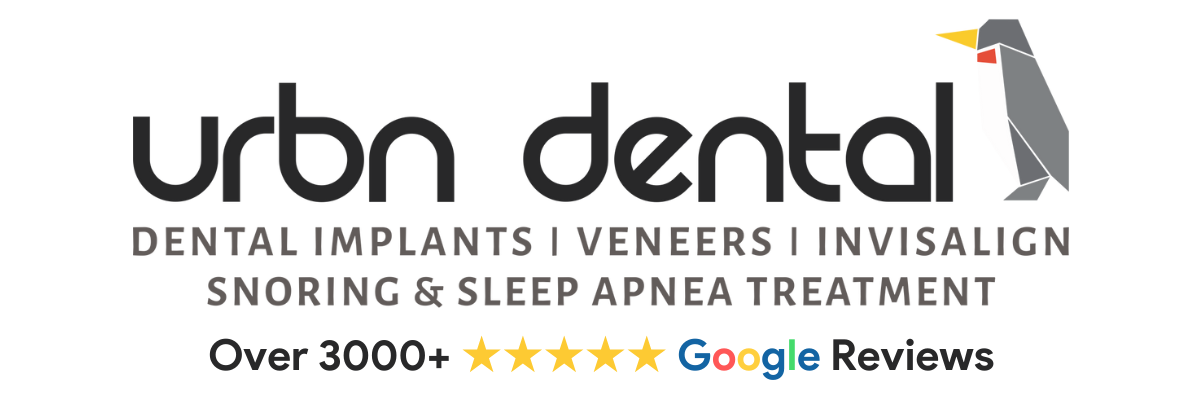Complications from an Impacted Tooth
It is important to visit your dentist when you experience discomfort or pain, as problems can become severe without treatment. Dentists often monitor teens and young adults closely for signs of wisdom tooth complications. Complications from an impacted tooth include decay, cysts, and damage to other teeth. You may also experience gum disease. Visit your dentist immediately if you notice swelling, bleeding, or jaw pain.
Recognizing Impacted Teeth Symptoms
You can learn to recognize the symptoms of an impacted tooth. This can help you know when to call the dentist for an appointment. If you have an impacted tooth, you may begin to feel some discomfort in your jaw. If the tooth continues to move horizontally, it may push on your other molars. You may also experience nerve pain. Look for these symptoms of an impacted tooth.
- Pain in jaw or gum
- Red, sensitive, or bleeding gums
- Facial swelling
- Unusually bad breath
- Difficulty or pain while opening your mouth
- Bad taste in your mouth
Will an impacted baby tooth grow in, eventually?
Teeth can become impacted if your mouth becomes too crowded. Some people do not naturally have room for all of their teeth. A tooth can also grow in at the wrong angle, causing it to stay impacted.
Exam for a Tooth Impacted in Gum
Your dentist can easily find impacted wisdom teeth. If you have symptoms of an impacted wisdom tooth, call your dentist immediately. Your dentist can give you an exam and x-rays to find out if you need an impacted wisdom teeth removal. If you have severe pain, you may need immediate surgery to relieve pressure caused by the movement of your wisdom teeth. Visit the professionals at Emergency Dentist to find out if you have an impacted tooth.
Impacted Tooth Treatment
You can usually expect to have your impacted tooth removed. You must have a surgical procedure to remove impacted teeth. Your dentist can determine the severity of your situation and recommend a time for your surgery. If you have an infection or severe pain, you may need emergency surgery. You can have fully impacted wisdom teeth or a partially impacted wisdom tooth. Your dentist may suggest removing the tooth as soon as possible. A dental clinic in Houston, TX 77027 can help you with treatment for your impacted tooth.
How is an impacted tooth treated?
Impacted teeth may continue to move, even if they remain trapped. This can cause pain and affect your other teeth. You must have a surgical extraction to remove an impacted tooth.
Preparing for Impacted Wisdom Teeth Removal
Your dentist can refer you to an oral surgeon for impacted tooth surgery. Some dental offices of a full range of dental services, however, including surgeries. You can prepare for wisdom teeth removal by talking to your dentist about the details of the procedure. It is also important to make a financial plan. Talk to your insurance company and the financial department at your dental office. You can also prepare a few things for the day of surgery and recovery.
- Ask a friend or family member to drive you to and from the appointment
- Ask your dentist about pain medication and purchase it before the day of surgery
- Purchase and place ice packs in your freezer
- Stock your home with soft foods
- Take a few days off of work or school
Recovery from Impacted Wisdom Tooth Removal
You should plan to limit your activities and diet for at least a week after impacted tooth extraction. You may feel better within 3-4 days, but must remain careful to prevent a dry socket. Your dentist should remove stitches sometime within the first two weeks after surgery. The wound from your surgery may take months to fully heal. Your dentist may suggest regular dental checkups during this time. Make an appointment with a doctor at the Emergency Dentist to plan your surgery and discuss recovery time.
Managing the Cost of Impacted Wisdom Teeth Removal
You may not have a lot of time to plan for surgically removing your wisdom teeth. Your dentist may recommend removing the tooth quickly if the teeth are impacted. In some cases, wisdom teeth removal becomes an emergency procedure. This can leave you with a large medical bill. Talk to your insurance company about your coverage for this procedure. Many dentists also offer self-pay discounts and payment plans.
Conclusion
It is important for young people to adhere to a proper dental exam schedule. This helps your dentist monitor new teeth. When your dentist finds an impacted tooth immediately, you may avoid severe problems. Your dentist can determine the best treatment plan to preserve your oral health. The most common treatment for impacted wisdom teeth is surgical removal. Make an appointment with an Emergency Dentist to find out more about impacted wisdom tooth treatment.
Summary:
Your dentist can determine if you have impacted teeth by taking an x-ray. Wisdom teeth often begin to grow in during late adolescence or early adulthood. It is important to attend routine dental appointments so your dentist can monitor your wisdom teeth as they grow in. If you have discomfort or pain near your wisdom teeth, call your dentist for an immediate appointment. Common wisdom tooth problems include infection, growing crooked, and impacted teeth. Impacted teeth may continue to move horizontally in your jaw, pushing on your other teeth. This can cause extreme pain and ruin previous orthodontic work. Your dentist may help you schedule a surgical removal of your impacted tooth in this scenario. Many times, you must have two or all four wisdom teeth removed at the same time. Dentists can often recognize problematic wisdom teeth before they cause severe problems. It is important to follow the timeline your dentist sets for you. If you leave impacted teeth in place too long, you may have serious complications as time goes on. Teeth growing improperly can press on nerves, for example. You must have surgery to remove an impacted tooth. Most patients receive general anesthesia for this procedure. The surgeon then makes an incision into your gums and removes bone that blocks the way. Your stitches can remain in place anywhere from 2- 14 days. Talk to your dentist about your expectations for recovery. Many oral surgeons use stitches that dissolve during the recovery period. Prepare for your recovery by taking a few days off of work or school, purchasing ice packs, and purchasing soft foods. Your dentist can help you recognize problems from an impacted tooth and set up a proper treatment plan.





